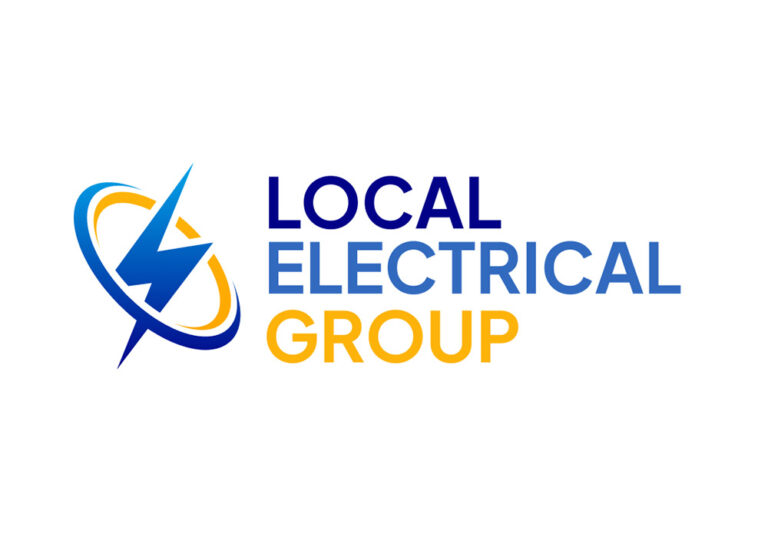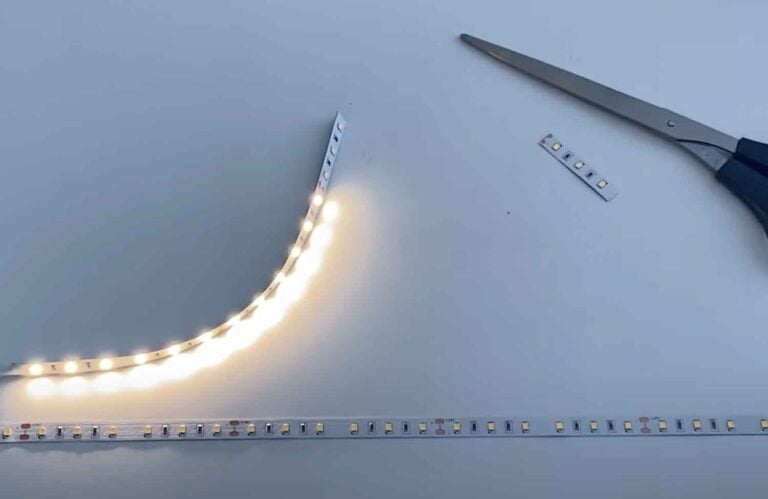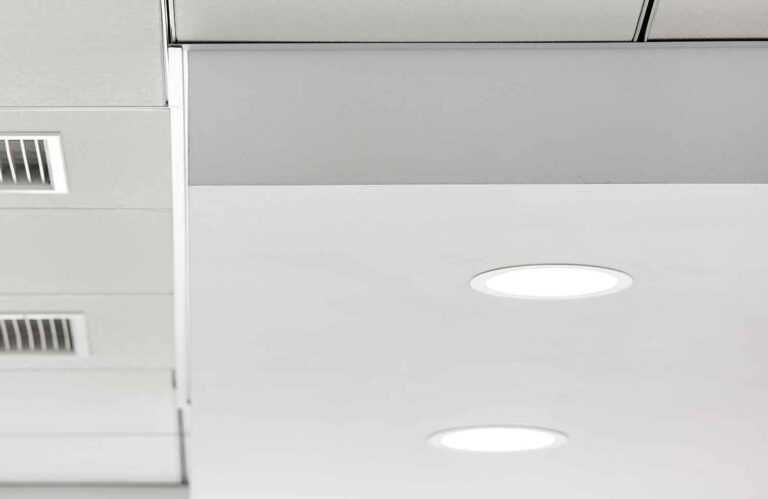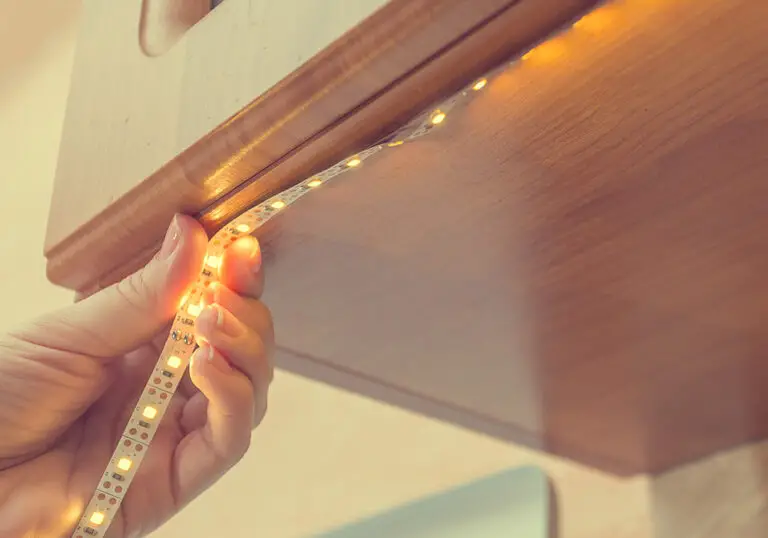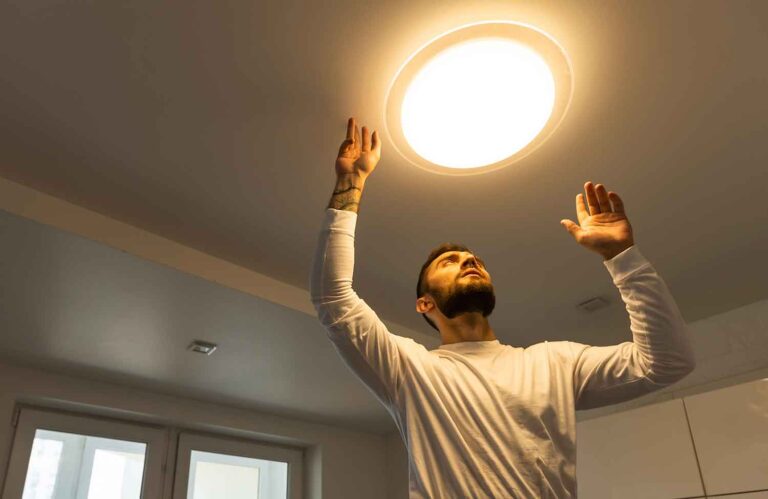How to Dispose of LED Light Bulbs
If you’re environmentally conscious, you’ll probably already have an understanding of the many advantages LED light bulbs have in this respect. LED bulbs offer the longest lifespans of all bulb types, making them the most environmentally-friendly lighting choice on the market. An LED bulb can withstand daily usage for many years before it dies out; however, there will inevitably come a point where the bulb does die and disposal is necessary. Or, perhaps you have extra working LED light bulbs you wish to get rid of. Whatever the case, you must take the correct steps to dispose of your LED bulbs when the situation arises.
The best way to dispose of LED light bulbs that aren’t working is to recycle them. You can do this by taking the bulbs to your local recycling centre or drop-off point. Although it is possible to throw your LED light bulbs away with your general waste, this isn’t recommended; the bulbs will end up in landfill where they contribute to the pollution of the environment. Recycling is instead the best option to reduce the unnecessary waste of finite resources. If you have unused, working-condition LED bulbs, try passing them on to someone else or donating them to charity.
What is the Lifespan of an LED Light Bulb?
LED light bulbs typically last around 50,000 hours of use, with some brands offering up to 100,000 hours. In other words, if you use an LED bulb daily for 8 hours per day, it could last around 17 years before needing replacement.
LED light bulbs come with significantly longer lifespans than traditional bulb types. For comparison, incandescent bulbs generally only last around 1,200 hours before burning out. This means that you could go through roughly 40 incandescent bulbs over the equivalent lifespan of a single LED bulb. Using LEDs in your home lighting can therefore drastically reduce the number of bulbs you dispose of over the years.
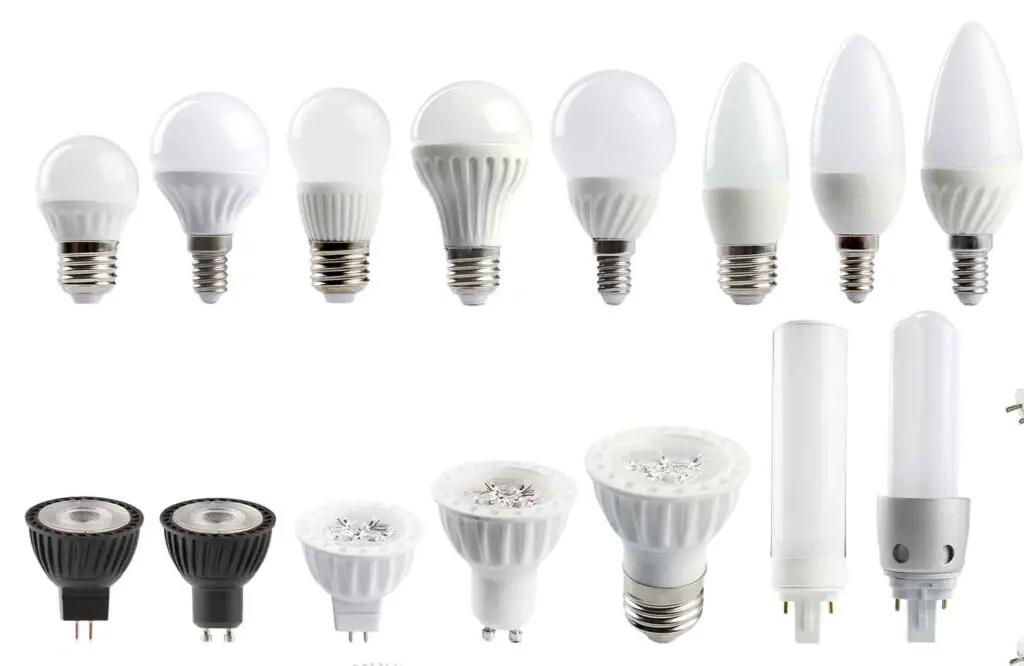
However, LED bulbs don’t last forever, so there will inevitably come a time when you need to dispose of them. Or, it may be the case that you have surplus unused LED bulbs that you want to get rid of. We have provided guidance in the remainder of this article on how to dispose of or recycle your LED bulbs.
Can You Throw LED Light Bulbs in the Bin?
Yes, it’s typically safe to throw LED light bulbs away with your general household waste. LED light bulbs are made without many of the hazardous materials that older traditional bulb types tend to contain; this makes it generally safer to throw them away in your normal bin.
With that said, this isn’t the recommended practice when disposing of LED bulbs. It’s much better to instead recycle your bulbs if possible; recycling helps to reduce waste and allows the materials in the bulbs to be repurposed for other uses. We explain the recycling process for LED light bulbs further in the next section.
Can You Recycle LED Light Bulbs?
Yes, you can recycle LED light bulbs. In fact, this is the preferable way to dispose of LED light bulbs once they reach the end of their lifespan.
Why You Should Recycle LED Light Bulbs
All parts of LED bulbs, including their glass and metal components, are recyclable. Like any object containing these materials, it’s best to recycle LED bulbs rather than throwing them straight into the bin. The components in LED bulbs are made from finite, non-renewable materials; throwing them away would be needlessly wasteful, whereas recycling them helps to reduce waste and conserve the earth’s resources.
The main benefits of recycling LED light bulbs include:
- Keeps Hazardous Chemicals Out of the Environment: When you throw light bulbs into your general waste, they ultimately end up in landfill. Although less so than traditional bulb types, LED bulbs contain some hazardous materials that can leach from landfill into the environment; these materials include copper, nickel, and lead. Recycling your LED bulbs keeps them out of landfill, thus preventing any harm to the environment from this kind of contamination.
- Allows Repurposing of Non-Renewable Resources: Through recycling, the non-renewable materials in LED bulbs can be repurposed to manufacture new bulbs or other electrical items. The glass, metal, plastic, lead, copper, and nickel are all materials in LED bulbs that are recyclable; these materials are particularly in demand for the production of electronic goods. As we increasingly rely on these goods in our society, demand will rise. Recycling LED bulbs is a way to reduce our demand on such finite resources that are already diminishing on earth.
- It’s Easy to Recycle: It’s very easy to recycle your old LED bulbs as the industry has adapted to meet this practice. We go through where and how to recycle your bulbs in the following sections.
Where to Recycle LED Light Bulbs
You can recycle your LED light bulbs at a local recycling centre or drop-off location. You may have to do some research online or contact your local council to find out where the closest point is to you. You may also find recycling bins for light bulbs in shops like Ikea or Currys. Unfortunately, it isn’t currently possible to put your LED light bulbs in your recycling bin for curbside collection.
How to Prepare LED Light Bulbs for Recycling
Follow these steps to prepare your LED light bulbs for recycling:
- Turn off the lighting fixture before removing the LED bulb from its socket.
- If recycling string lights, separate them completely from any surrounding elements. For instance, the lights could be attached to a wreath or pine tree wire structure; separate the lights from these extra parts.
- Check with the recycling centre or drop-off point for any specific requirements in the preparation of the bulbs.
- Some recyclers request that you individually wrap each bulb in a plastic bag before you bring them. This is to reduce the risk of bulb breakage and injury to workers processing the bulbs. Again, check with the recycler to ascertain whether they have any particular requirements like this.
How Are LED Light Bulbs Recycled?
The first stage of the recycling process involves passing the LED bulbs through an industrial shredder. This breaks up the different components that the bulb is made from.
The components then run through a separator of some kind; depending on the recycler, the separating technology is either an eddy current sorter or photopic separator. The separator splits up the glass, plastic, and metal parts of the bulb. Sometimes a magnet is also used to pull out the metal components.
The most valuable parts of the LED bulbs are the metal components, particularly the copper and aluminium. These are therefore the parts that will most likely be repurposed for use in new bulbs or other products. Recyclers recover these metals by smelting the circuit boards; smelting involves a heat or chemical extraction process that collects aluminium, copper, nickel, and gold from the bulb’s circuitry.
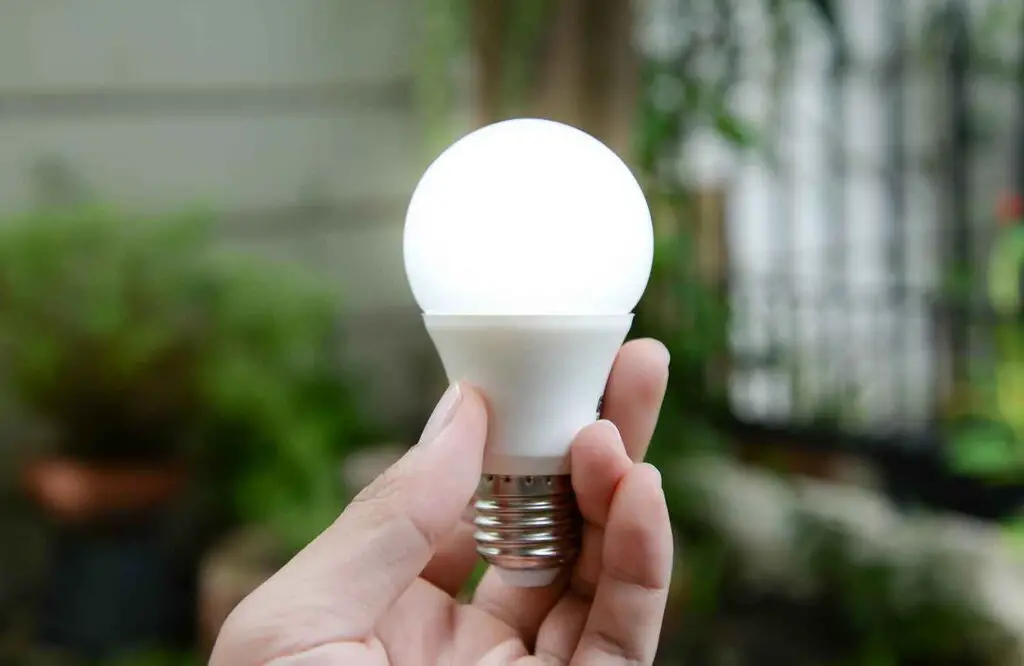
Can You Store LED Light Bulbs?
It isn’t recommended to store LED light bulbs for later use. Despite their long usage lifespans, LED bulbs don’t survive very long in storage; it’s better to use them as soon as possible after purchase.
With traditional bulb types, it is possible to keep them in storage and then use them years down the line. However, as they’re made from different components, storage generally isn’t possible with LED bulbs. The metal circuitry within LED bulbs tends to deteriorate if the bulb is left without use for a prolonged time. Not only will this cause the bulb to perform poorly after storage, it can create a potential safety hazard. It’s therefore best to use your LED bulbs soon after purchase.
Alternative Ways to Get Rid of Unused LED Light Bulbs
If you have extra unused LED bulbs in working condition, you have more options beyond disposing of them. Refer to our advice in this section for alternative ways to repurpose your unused bulbs.
Give the LED Bulbs to Friends or Neighbours
Ask around your friends and neighbours to see if anyone else could make use of your extra LED bulbs. You may find that someone you know would greatly appreciate this offer, making the gift beneficial for both parties; you can get rid of your unused LED bulbs, while they receive brand new bulbs for free.
List the Bulbs on a Free Online Marketplace
You could alternatively pass the bulbs on to someone else by posting a listing on a free online marketplace. For example, platforms like Facebook Marketplace, Freecycle, and Gumtree all offer the ability to post free listings for items like LED bulbs. You can offer your bulbs as free of charge, and either for delivery or collection. This service is particularly beneficial for charities, unemployed or low-income families, and new homeowners; you can pass on your bulbs to someone who really needs them.
Donate the LED Bulbs to a Charity
You can also donate your extra LED bulbs directly to a charity. Contact the local charities in your area to find out if they accept unused LED light bulbs; many do, and will appreciate the donation, passing on the bulbs to families in need.

